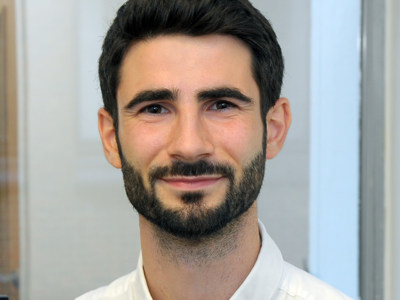
Student challenges public body over imbalance in funding for mental health research at universities
A student is challenging the public body which oversees the distribution of funds to universities in the UK.
Posted on 16 February 2021
A student stricken with serious mental health difficulties is challenging the public body which oversees the distribution of funds to universities in the UK over the massive disparity in funding for research into mental health when compared to physical health.
The 20-year-old, a student at the University of Sussex, claims that better funding for mental health research would help him because he has been directly affected by the lack of research in that area. He has suffered from anxiety and depression from an early age, and actively contemplated suicide. The impact of his poor mental health on his social interaction and studies meant that he almost failed his first year at university.
Although the NHS spends more on mental health than any other condition, at present, in 2018 the mental health spend only made up 6.1 per cent of the total of all government and charitably funded medical research funding.
The student, who will remain anonymous, has issued a legal claim against UK Research and Innovation (UKRI), a public body which oversees the allocation of funding for higher education.
Represented by Leigh Day solicitors, the student applied for permission to bring a judicial review claim in July 2020. Now there will be a hearing on 18 February 2021 to decide if the claim merits a substantive hearing.
The student says UKRI acted unlawfully by failing to consider the impact its current funding allocation methods would have on disabled people (specifically, those with mental health issues) and that the funding allocation methods indirectly discriminate against people with mental health disabilities.
Interested parties in the claim are Research England, Universities UK and GuildHE.
UKRI grants cash to higher education institutions by allocating funds in proportion to the money they receive from medical charities and by reference to the number and pattern of researchers the institutions already employ. Because funds for mental health research make up a very small proportion of those charitable funds and because of the small number of mental health researchers, the allocation methods perpetuate the stark imbalance in funding.
The student says that by operating that method of allocating funding, UKRI unlawfully discriminates against people with mental health disabilities in breach of section 19 the Equality Act 2010 and Article 14 read with Article 8 of the European Convention on Human Rights, and has failed to discharge its Public Sector Equality Duty.
The student said:
“I think the way that medical research funding is allocated is unlawful and discriminates against people like me who suffer mental health difficulties. If this imbalance in funding is allowed to continue, there is little hope that medical research will ever find answers to the difficulties I and others face. Medical research is our sole means of properly addressing the mental health pandemic in society.”
Leigh Day solicitor Rowan Smith, who is being assisted by solicitor John Crowley, said:
“Our client has exposed what he believes to be a real injustice at the heart of a system that is failing to support better scientific research into treatments for mental health. The UK government has the means to help, but the evidence shows that its policies are perpetuating a discriminatory allocation of funding for universities and higher education institutions. Our client will be arguing that he has a right to bring this challenge, something that the UKRI is resisting, and that the current policies are clearly unlawful and a breach of his human rights.”
Counsel instructed by Leigh Day are David Wolfe QC and Emma Foubister at Matrix Chambers.




